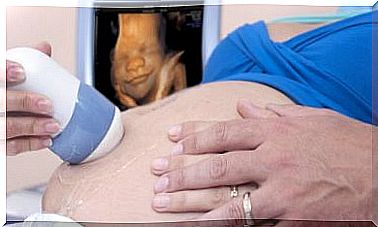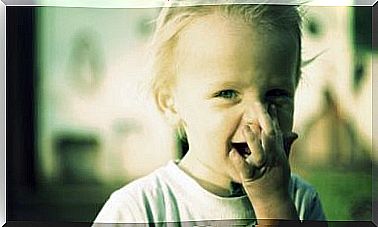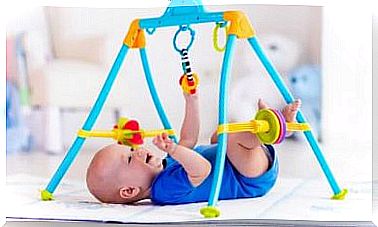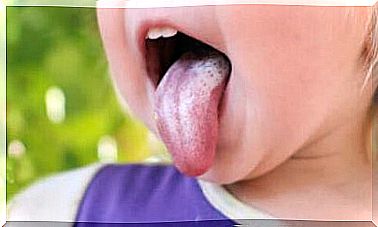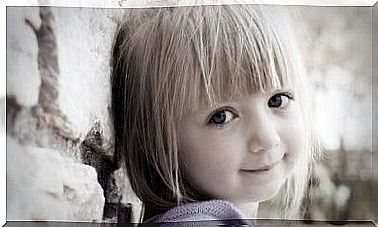Intoxication Of Sleep In Children – Being Parents
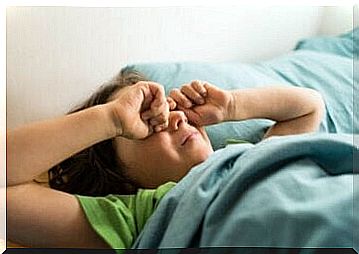
Some parents find it difficult for their children to go to bed at night. Some children are nervous and have difficulty falling asleep and waking up in the morning; others even wake up confused. This may be due to the disorder known as sleep drunkenness, which we will discuss later.
When a child wakes up as if he is still sleeping, he may have this disorder. According to the chair of sleep at the University of Granada – Grupo Lo Monaco, around 17% of children suffer from it occasionally or frequently.
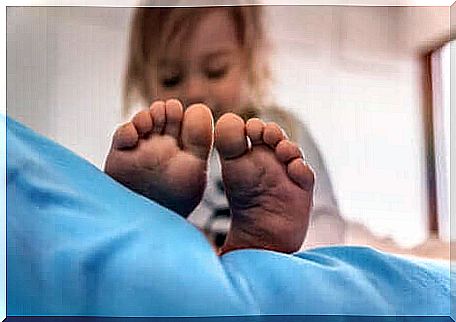
What is sleep drunkenness and at what age does it appear?
Sleep drunkenness is a disorder also known as wakefulness confusion. It is called so because the symptoms are similar to those of people who are drunk. It appears when the person wakes up and is very disoriented for a few minutes, is not able to respond to outside stimuli, and some of his mental faculties are impaired.
It can appear at any age, even in adulthood, but it is more common for it to appear between the ages of 3 and 13. The latest research from the University of Granada, cited above, places it at around 17% of children who suffer from it.
What are the symptoms of intoxicated sleep?
These episodes of disorientation appear more frequently when children are awakened earlier than usual. Some characteristic symptoms are:
- Mental confusion
- Spatial and temporal disorientation
- Blackouts
- In some cases, moments of amnesia (total or partial)
- Appearance of abnormal behaviors, such as yelling, crying, or even trying to hit
These symptoms usually appear when the child wakes up in the middle of a deep sleep phase or when he wakes up after sleeping through the night.
What can we do if we see symptoms in our children?
One of the main factors in the onset of sleep apathy in children and adolescents is delay in sleep schedules. In the morning, when they wake up to go to class, they are still in the deep sleep phase. Their brain is therefore still asleep and needs some time to activate.
Waking children up gradually, exposing them to natural light, and preventing them from using electronic devices at night are three things that can be effective in treating this disorder. If the disorder persists and does not improve, it is best to see your doctor.
Does sleep drunkenness affect children’s development?
This disorder usually does not have negative consequences. It is considered a non-serious disorder that usually goes away with age. As it appears occasionally, it does not adversely affect the development of the child, although if it appears frequently, the doctor will need to determine what it is due to.
What is his treatment?
Following proper hygiene and a series of recommendations, the disorder may disappear. It is during the REM phase that children tend to wake up spontaneously and the most intense dreams appear.
If the child usually goes to bed late and lacks sleep all week, when we force him to wake up in the morning, he can do so in the deep sleep phase and that is when sleep drunkenness can appear. .
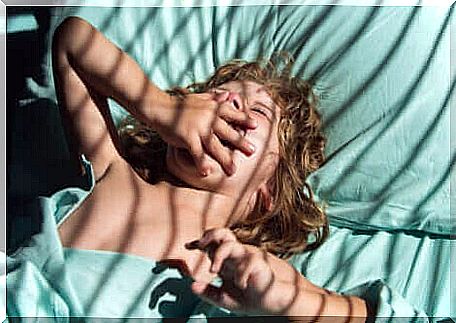
Recommendations for parents of children with sleep disorders
If this disorder occurs frequently in your child, see your doctor to determine the cause. This disorder is closely related to stress and anxiety around bedtime. It is therefore advisable to follow sleep hygiene guidelines, such as the following:
- Do sport every day : this physical activity should never be practiced 3 hours before going to bed, because if it was the case, the sport would go from a beneficial resource to a resource that would make it difficult to sleep. due to the release of endorphins during exercise.
- Avoid heavy and late dinners : Children should eat a light dinner and do it early so that digestion does not make it difficult for them to sleep.
- Exposing yourself to daylight when you wake up : this promotes synchronization of sleep with the day-night cycle.
- Do not use electronic devices or watch stimulating series or movies before bed. Remember that no cell phone should be turned on in a child’s or teenager’s room. The vibrations or sounds could cause sleep fragmentation, which would not be ideal.
In short, sleep intoxication is a mild disorder in children that usually goes away with age. If it appears frequently, see your doctor to determine the cause of this disorder.
You now know more about this disorder and what recommendations you can take to improve it. You just need to implement them to ensure your child gets a good night’s sleep.

